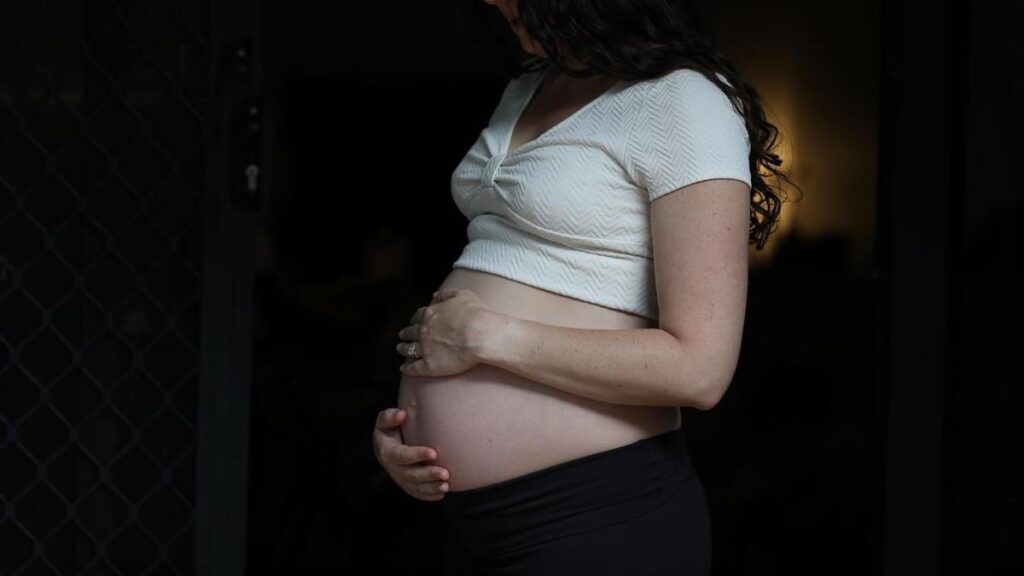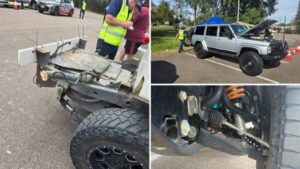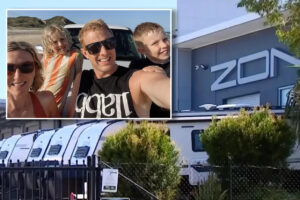
UPDATE: Pregnant women experiencing homelessness in Australia are facing an urgent crisis, risking health care access due to fears of having their babies taken by child protection services. Recent reports reveal that homelessness in Australia has surged, with over 122,494 people recorded as homeless in 2021, comprising more than 44 percent women, many of whom are hesitant to disclose their housing status.
Public health expert Lisa Wood emphasizes that the situation is dire. “We don’t have good data on it or a pathway for action in Australia,” she stated. Many pregnant women fear that revealing their homelessness could lead to child removal, leaving them vulnerable and without necessary support.
Australia currently lacks statutory obligations to house pregnant women, unlike nations such as the United Kingdom and Ireland. “A pregnant, homeless woman needs to go to the top of the list,” Wood insists. Hospitals struggle to discharge women and their babies to homelessness, leaving them in untenable situations.
The Royal Hospital for Women in Melbourne initiated the Cornelia Program, a groundbreaking pilot aimed at supporting pregnant women and gender-diverse individuals experiencing homelessness. This program offers accommodation and specialized maternity health services, assisting 36 women and their babies for up to 12 months.
Sally Coutts, the Cornelia Program manager, highlights the invisibility of women in homelessness statistics, especially during pregnancy. “Family violence is a leading cause of homelessness for women,” she said. Pregnancy often becomes a turning point, compelling women to seek safer living conditions.
The issue is personal for many, including Elika, an asylum seeker in Perth who became homeless while five months pregnant. Lacking a Medicare card due to her immigration status, she faced significant barriers in accessing health care. A Homeless Healthcare outreach nurse advocated for her, ensuring she received antenatal care and assistance in navigating the healthcare system. Elika now has a healthy one-year-old and continues to receive support.
Authorities urgently call for increased attention to the intersection of homelessness and pregnancy. “We need to draw attention to this issue and encourage services in other states and territories,” Dr. Wood stated. “The babies and the mums who are most vulnerable have the least access to care during the critical first 1,000 days of life.”
This crisis is escalating and demands immediate action from both government and health services to address the needs of pregnant women facing homelessness. For support, individuals can contact 1800 RESPECT at 1800 737 732, Lifeline at 13 11 14, or beyondblue at 1300 22 4636.
Stay tuned for further updates as this developing story unfolds. Share to raise awareness and advocate for those in need.





